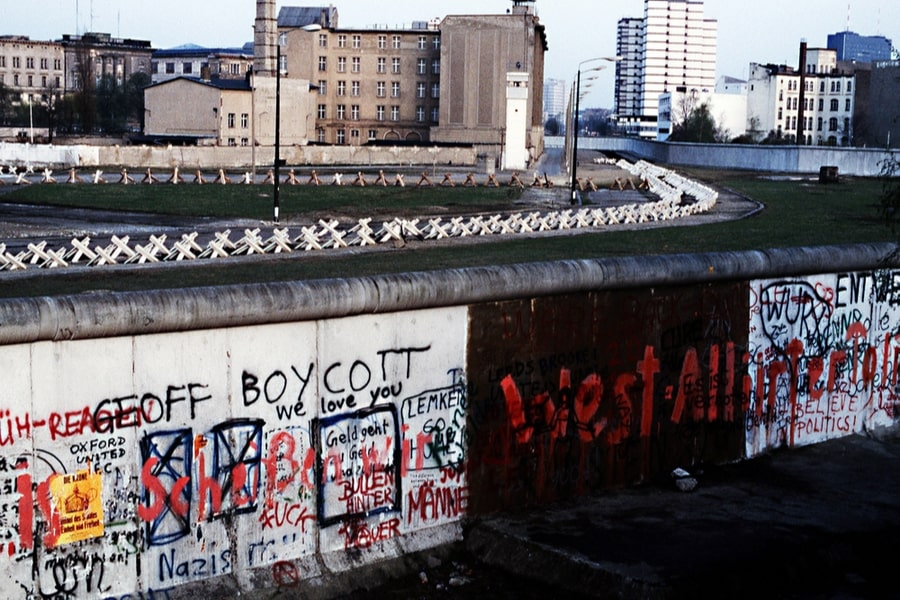Exiting the Cold War, Entering a New World

October 22, 2019
Daniel S. Hamilton, Austrian Marshall Plan Foundation Professor and Senior Fellow at the Foreign Policy Institute, Johns Hopkins SAIS
Mary Sarotte, Marie-Josée and Henry R. Kravis Distinguished Professor of Historical Studies at the Henry A. Kissinger Center for Global Affairs, Johns Hopkins SAIS
Kristina Spohr, Helmut Schmidt Distinguished Professor at the Henry A. Kissinger Center for Global Affairs, Johns Hopkins SAIS
Horst Teltschik, Former National Security Advisor to Chancellor Helmut Kohl and Former Chairman, Munich Security Conference
Philip Zelikow, White Burkett Miller Professor of History, University of Virginia and Former Counselor, U.S. Department of State
Celebrating the launch of "Exiting the Cold War, Entering a New World"—a new book edited by faculty of the Henry A. Kissinger Center for Global Affairs, experts joined a discussion about the crucial years that led to the end of the Cold War and the beginning of a new world order. The discussion also included insights on the legacy of the Cold War's last days, and how the era continues to drive new developments in international relations today.
Teltschik discussed the crucial moments between 1989 and 1992 that led to the peaceful end of the Cold War. He argued that the opening of the borders of Warsaw Pact countries and free elections in Poland and Hungary kick-started the series of events that led to the fall of the Berlin Wall and the eventual disintegration of the Soviet Union. In particular, Teltschik said Gorbachev’s decision not to intervene militarily was key.
Zelikow spoke about this period not as an ending, but a beginning. He pointed out that 20 new countries have since been drawn on the map and discussed the ripples that spread out from Berlin to touch other parts of the world, like Latin America and Asia. He said the building of new institutions such as the WTO and transformation of others like the IMF, NATO, and UN, can be connected directly back to 1989 Berlin.
Spohr discussed the changes that occurred in China in 1989 and their effects on the world order that was beginning at that time. Sarotte and Hamilton shared insights on conflict in Ukraine and what it means for the future of Europe.
Questions from the audience explored the role of spiritual leaders during this moment in geopolitical history and the effects of NATO expansion on European and Eurasian relations.
View Event Video